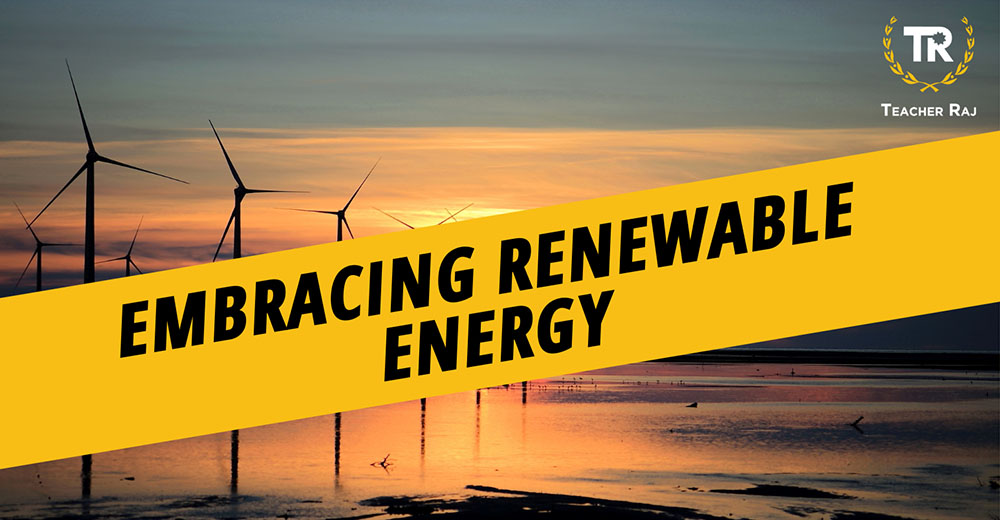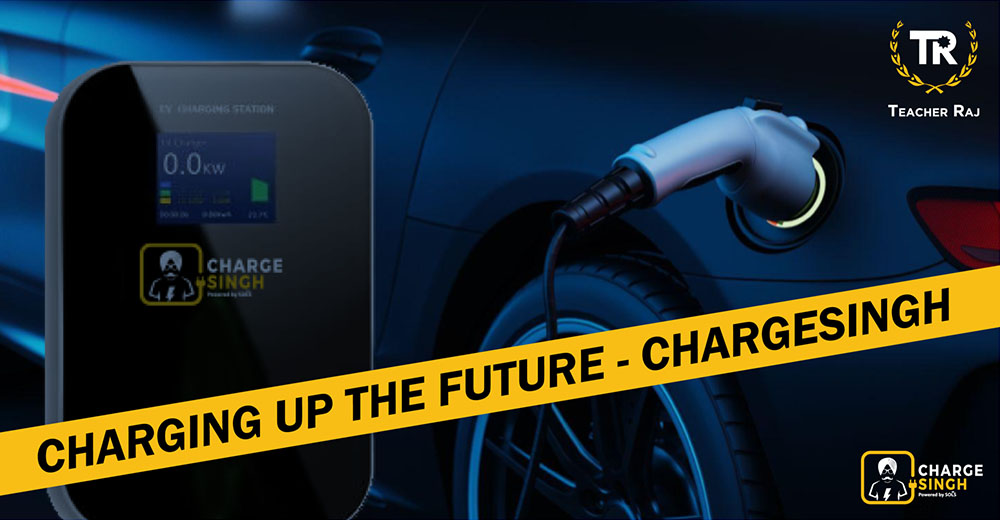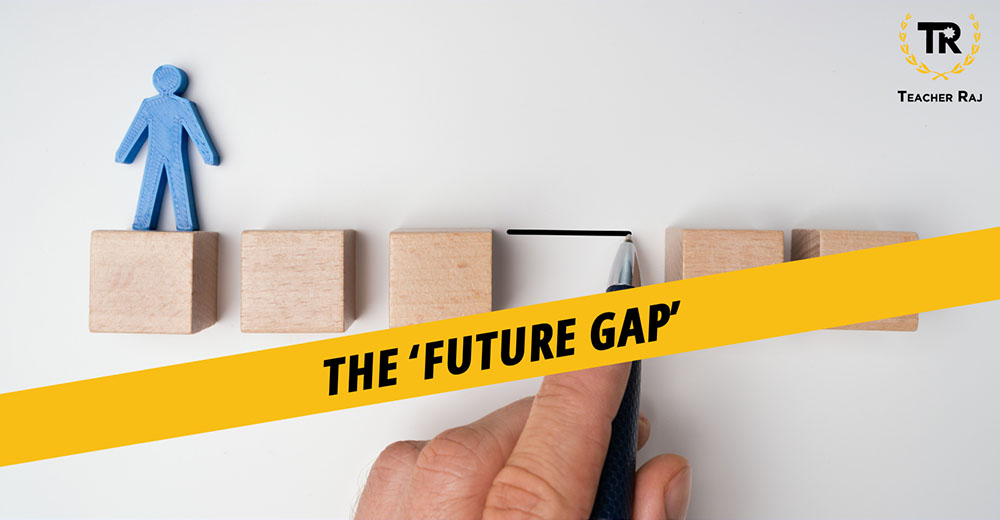The 2030 Agenda for Sustainable Development, adopted by all UN member states in 2015, outlines 17 Sustainable Development Goals (SDGs) that seek to end extreme poverty, fight inequality and injustice, and protect our environment. The global goal on energy, which is SDG 7, is to: 1) ensure affordable, reliable and universal access to modern energy services, 2) substantially increase the share of renewable energy in the global energy mix, and 3) double the global rate of improvement in energy efficiency.
“The decline in the health and state of our environment due to carbon emissions has not escaped the eyes of many.”
As the earth groans under the weight of rapid industrialization and modernization and pays the price for it, climate change has become more pressing than ever. Global temperatures have increased to discomfiting levels that we can no longer ignore.
The justification and reliance on fossil fuels can no longer hold water. The pollution it emits causes irreversible damage, and fossil fuel sources are finite. And we are definitely using it up faster than it can be replenished naturally. But there are natural sources that can generate power, without emitting carbon emissions and pollutants, and are abundant, replenishable and infinite. The major renewable energy sources are:
- Solar energy
- Wind energy
- Hydro energy
- Tidal energy
- Geothermal energy
- Biomass energy
In answering the question, ‘why embrace renewable energy?’, we often think about the benefits and good it will bring to planet earth. But it doesn’t just stop there.
Better for our planet & better for us
It is clear that if it is good for our planet, it is good for us humans who inhabit it. Fossil fuel emissions contribute to air pollution, and the particles and pollutants cause health issues, and death. A study has shown that air pollution caused by the burning of fossil fuels such as coal and oil was responsible for 8.7m deaths globally in 2018. Extraction and processing of fossil fuels are also harmful to the environment and the communities around it.
Lower costs
Renewable energy may require upfront investment, but operate at low cost. And the price of renewables is set to become ever more affordable over time as the take-up increases, making production of components and materials cheaper. With the improvement of technology, renewable energy set-ups will be more efficient and accessible. Lower prices can bring a host of benefits to users and the economy.
“Affordable energy makes it accessible and available to more people.”
Stable & resilient
Renewable energy sources are stable and not swayed by fluctuating prices of fossil fuels (hence the existence of subsidies) due to factors such as shortages, demand and supply, geopolitical upheavals, or economic crises. Increasing the share of renewables in the energy mix means less and less dependence on fossil fuels, and avoids power disruptions and shortages.
Creates jobs
The renewable energy economy creates jobs – installation, maintenance, manufacturing, and sales. This bodes well for the domestic economy. Renewable energy investments are usually spent locally, within the country or even in the same town. This is far better than spending on costly energy imports. Creation of jobs also causes a ‘ripple effect’ towards local businesses, as they stand to benefit from increased household incomes.
Accessible energy brings development
Affordable energy means accessible energy. Making energy accessible can drive industrial and economic growth, especially in the developing world.
“It can bring socioeconomic benefits such as better health and improved education.”
Demand for energy will increase
As the world population increases, so will the demand for energy. Increased living standards also up energy consumption. We need long-term, sustainable energy sources to cope with this surge, without decimating the planet.
Once we see and understand how inclusive renewable energy is, it is no longer a question of ‘why’, but a question of ‘when’ and ‘how’. We need to embrace renewable energy for the sake of the earth and our future.







